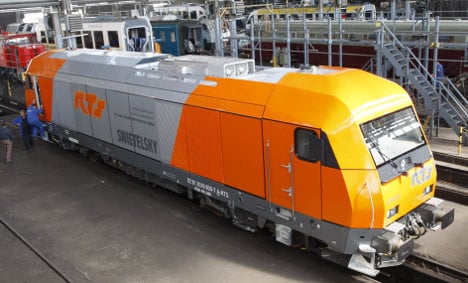Financial details were not disclosed, but German media have estimated the deal’s value at around €170 million ($225 million), well below Arriva Germany’s 2009 sales of €460 million.
“The offer price and the fulfilment of EU demands regarding the buyer were decisive criteria for us,” Deutsche Bahn chief executive Rüdiger Grube said in a statement.
Trenitalia, which is owned by Ferrovie dello Stato, said in a statement that the consortium “has taken a major market share of five percent and aims to develop further its presence in the German public transport market.”
The German market “is particularly dynamic,” the statement added, and the deal was part of Ferrovie dello Stato’s strategy to “strengthen its international position as the third biggest European rail operator.”
The German railway bought Arriva earlier this year for €2.8 billion but has had to sell the German rail and bus operations for cartel reasons to comply with European Union law.
Deutsche Bahn said that the Cube Infrastructure fund, which is based in Luxembourg, was part of the Italian-led consortium.
AFP/mry


 Please whitelist us to continue reading.
Please whitelist us to continue reading.
Member comments